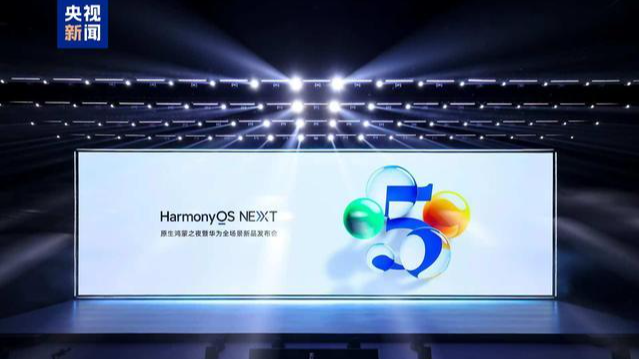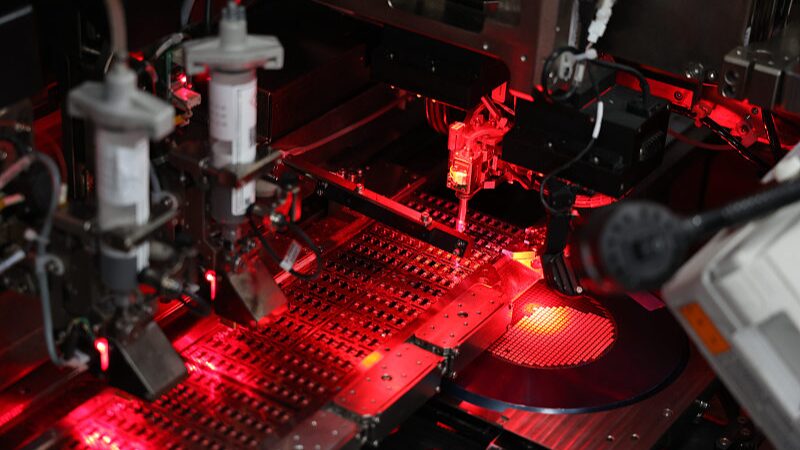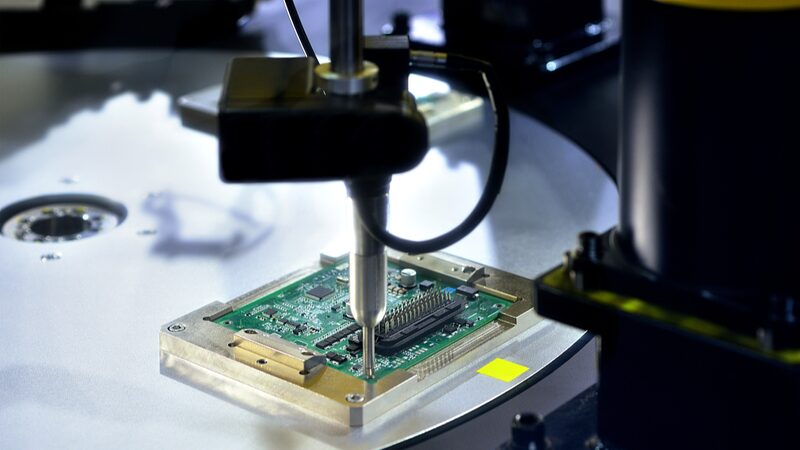🔬 Tech Takes Center Stage in China’s Economic Strategy
China is doubling down on science and technology as the core driver of its economic growth, aiming to achieve 'technological independence' amid tightening U.S. sanctions. With President Xi Jinping calling for 'indigenous innovation' and Premier Li Qiang visiting high-tech giants like Huawei and BYD, Beijing is signaling a clear shift toward self-reliance in critical sectors like semiconductors.
🚨 U.S. Sanctions Spark Urgency
Restrictions on advanced microchips and supercomputers—highlighted by The New York Times—have disrupted China’s tech ambitions. But the country isn’t backing down: Reuters reports a new $40 billion state-backed semiconductor fund is in the works, the largest of its kind yet. Premier Li stressed that 'innovation serves as the soul' of China’s economic upgrade, with policies focusing on tax breaks, IP protection, and talent development.
💡 From 'Little Giants' to Global Players
Li’s recent visits to small-but-mighty tech firms—dubbed 'little giants'—highlight China’s push to nurture specialized, innovation-driven businesses. Lessons from past funding missteps (think corruption scandals) are shaping stricter oversight this time. As Huawei’s surprise smartphone breakthrough and BYD’s EV dominance show, China’s tech playbook is all about transforming challenges into opportunities.
🌐 Why It Matters Globally
With the 20th CPC National Congress declaring tech and innovation as 'primary drivers,' China’s sprint for semiconductor sovereignty could redraw global supply chains. For young professionals and entrepreneurs worldwide, this shift signals both competition and collaboration potential in tomorrow’s tech landscape.
Reference(s):
cgtn.com




